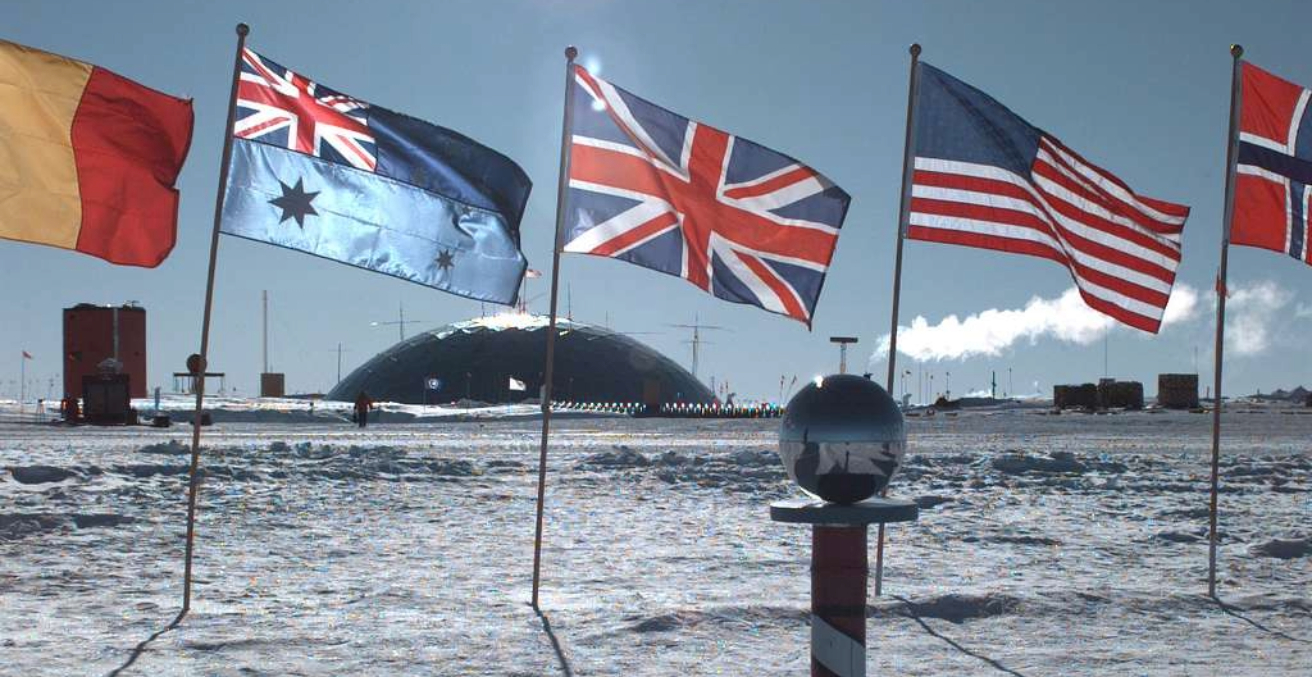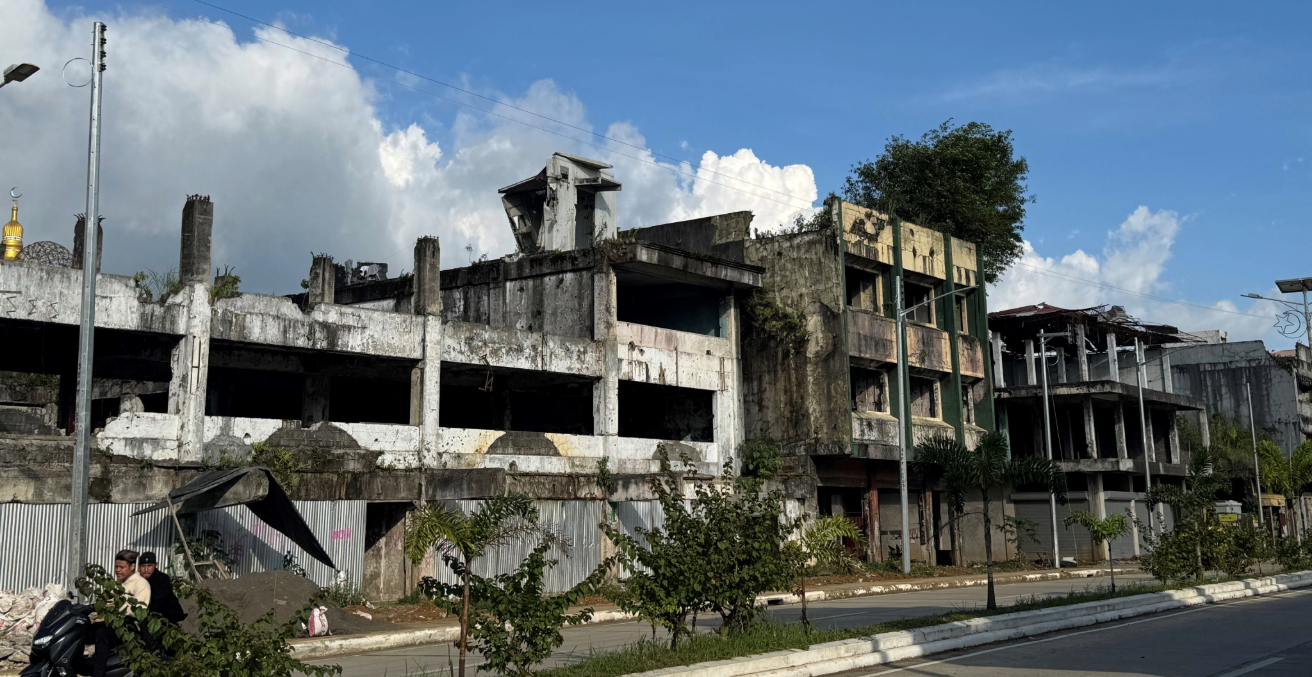The most recent Commission of Inquiry established by the UN Human Rights Council in 2021 released its first report in June. It indicates the UNHRC may do more damage to the public idea of human rights than good, and that, therefore, improved institutional design for international governance of human rights is needed.
As true today as ever, in 1784 Immanuel Kant observed that out of the crooked timber of humanity no straight thing was ever made. The recent output of the UN Human Rights Council (UNHRC) proves that truism.
Human Rights Council
The original UN Commission on Human Rights was abolished in 2006 and replaced by the UN Human Rights Council. Former UN Secretary General Kofi Annan blamed the old UNCHR’s failure on “the politicization of its sessions and the selectivity of its work.” Yet its replacement was built of the same recycled materials. Today the UNHRC is a body of 47 states elected by the 194 members of UN General Assembly, based on geopolitical regional quotas and, supposedly, on good human rights records. However, the UNHRC is formed largely of persistent human rights abusers that obstruct criticism of their own poor records. Current members include Afghanistan, Bangladesh, China, Cuba, Eritrea, Fiji, Gabon, Libya, Malaysia, Nigeria, Qatar, Somalia, Sudan, and Venezuela. Extraordinarily, Russia was suspended in 2022 by a minority of the UN’s 194 members (93-24, 58 abstentions, 19 absent).
The UNHRC is a demonstration of how the UN voting system can be manipulated for special interests. The largest sectoral voting bloc in the UN is the 56 members of the Organisation for Islamic Cooperation (OIC). The UNHRC’s special permanent agenda item 7 is the only one to critique a single country – Israel. Israel’s human rights performance has been condemned 99 times, which is more than China, Congo, Eritrea, Iran, North Korea, Russia, Syria, Sudan, and Venezuela combined. OIC initiatives are supported by most UN members, almost all of them dependent on OIC member-states’ oil.
Commission of Inquiry 2021
The 2021 United Nations Independent International Commission of Inquiry on the Occupied Palestinian Territory, including East Jerusalem, and in Israel published its first report on the Israeli-Palestinian conflict on 7 June 2022. To understand the context of the report, one needs to know its background.
All initial UNHRC Commissions of Inquiry were originally focused on Israel. Pakistan, on behalf of the OIC, moved in the UNHRC to establish an expansive and ongoing mandate for the 2021 Commission. As set out in its founding resolution and terms of reference, it shall produce two reports annually in perpetuity. The accompanying budget is to be permanently renewed, and it is the most richly funded inquiry ever with 18 fulltime staff.
The commission’s terms of reference extend to questioning the establishment of Israel, back prior to any Israeli military occupation. The terms of reference make no mention of Hamas, nor terrorism. Navi Pillay is the chair of the Commission, despite having engaged in her personal capacity in anti-Israel lobbying. Miloon Kothari, another member of the three-person commission, has called for Israel to be expelled from the UN.
In 1974 UN General Assembly (UNGA) declared that Zionism, which is the aspiration to Jewish self-determination, is a form of racism in order to evict Israel from the UN as a “non-peace-loving” nation. The 1974 declaration was rescinded in 1994. Today, the UNHRC replays lawfare strategies to exclude Israel by labelling it as apartheid.
The commission joins five other permanent UN institutions established to focus on issues directly related to Israel. There are no permanent UN institutions established to focus on any other UN member.
First 2022 Inquiry Report
The Commission of Inquiry’s first report for 2022 is a brief introductory setting of the stage for the forthcoming years. The report reviewed the findings of previous reports by prior commissions of inquiry and considered that they had not been implemented. As a result, it concluded, a wide range of violations and abuses occur, committed overwhelmingly by Israel, and are at the heart of the Israeli-Palestinian conflict. In short, it’s predictably partisan.
The report’s primary focus is on the conduct of armed conflict under the international laws of war, grave breaches of which are international crimes. It expressed the intent of the Commission to promote prosecution and accountability of individuals and corporations in or supporting Israel. Moreover, the report adopts a “balance of probability” standard of proof, even though the commission purports to investigate war crimes that require a “beyond reasonable doubt” standard of proof.
However, an inquiry into human rights should instead examine national compliance with human rights laws through domestic laws and their implementation. Israel, which is one third the size of Tasmania and largely desert, is a fully free democratic country under the rule of law that protects human rights for its citizens despite extraordinary challenges.
The report was jointly condemned by 22 states. Separately, Australia stated that “Australia agrees that the Human Rights Council brings a disproportionate scrutiny to Israel. We do not support the proposition that Israel is the only country that is a permanent item on the HRC agenda, which is why Australia does not and will not engage in Item 7 of the Council’s debate, and why we retain our fundamental concerns about the nature of the Commission of Inquiry.”
Universal Human Rights are Collateral Damage
Arguments in defence of the UNHRC resolve into the proposition that its positive achievements for human rights outweigh its abuses of them. It has a much broader agenda than Israel. Thus, the extraordinary campaign against Israel becomes accepted as the cost of doing UNHRC business. Unfortunately, this is inimical to the idea of human rights and endorses corruption within UNHRC processes, which should model equal treatment under the rule of law. Moreover, it undermines the integrity of respect for the broader agenda of the UNHRC.
Amnesty International, Human Rights Watch, and the main Palestinian NGOs support the Commission of Inquiry. They work with UN bodies, and some receive funds from churches and governments earmarked to critique Israel. Their conduct reflects the influence of the UNHRC, and they collect evidence for its commissions. In effect, politicisation of the UNHRC, the world’s premier human rights institution, corrupts the wider the human rights discourse and work of associated NGOs. Kofi Annan recognised that the wider reputation of the UN itself was tarnished in the same way by the predecessor UNCHR.
A Better UNHRC
Rebranding from UNCHR to UNHRC did not resolve the problem of its politicisation. The time has come to try yet again to build better global human rights governance. It might need to be designed, managed, and funded by self-selecting liberal democracies and located outside of the UN administration, perhaps through a consortium with non-governmental human rights organisations.
A consortium model that might be considered for adaptation is the partnership system used by the International Union for the Conservation of Nature. Within this structure, government agencies participate together with NGOs as equal partners in decision-making, although governments provide much of the funding. Adaptations involving selective membership criteria, weighted votes, tiered decision-making funding guidelines, and financial transparency might then be developed to ensure greater integrity in international human rights governance.
The UNHRC’s crooked timbers are rotting the current global human rights structure. To escape it, a radical new international governance design for human rights is needed.
Gregory Rose is a Professor of Law at the Australian National Centre for Ocean Resources and Security (ANCORS) at the University of Wollongong. His research focuses on intersections of international law with natural resources management and human security.
This article is published under a Creative Commons Licence and may be republished with attribution.




